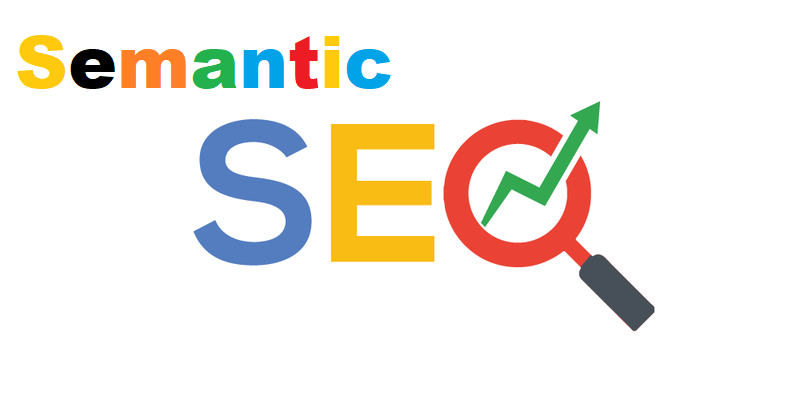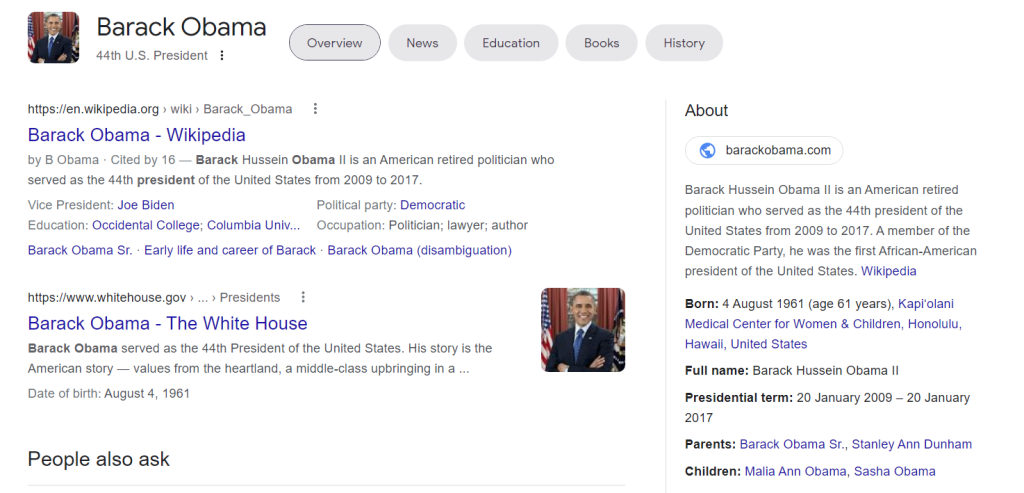An entity in SEO refers to anything that can be adequately specified, such as a term, place, or item. Google defines it as “singular, unique, well-defined, and distinguishable.”
Generally, they are the building blocks of content and are connected through relationships to create a meaningful context for search engines.

Google and Bing use entities to understand the relationships between different pieces of content and how they relate to real-world objects and concepts. These can be represented in various forms, such as text, images, videos, or even audio.
As such, Entity-based SEO focuses on leveraging these entities to improve search engine visibility and drive more targeted traffic to your website. Therefore, optimizing your website’s content with entities relevant to your target audience and industry can help improve your SEO by signaling to search engines the relevance of your content to Search Intent.
How Google Uses Entities When Responding to Search Queries
The Google Knowledge Graph is a massive database of entities and their relationships that powers many of the search engine’s features, such as Knowledge Panels, Rich Snippets, and related search suggestions.
It was launched in 2012 as a way to improve the accuracy and relevance of search results by understanding the context and meaning of search queries.
At its core, the Knowledge Graph is built on entity co-relation, which refers to the relationships between different entities in the real world.
As we saw earlier, Entities can be people, places, things, concepts, or even abstract ideas, and their relationships can be simple or complex, such as parent-child, spouse, location, or association.
By analyzing the co-relation between entities, the Knowledge Graph can provide more accurate and relevant search results to users.
For example, a search for “Barack Obama” might display a Knowledge Panel with information about his biography, family members, political career, and related topics such as the White House, United States, and Democratic Party.

To achieve this, the Knowledge Graph uses various data sources, such as public databases, websites, and user feedback, to build a comprehensive understanding of entities and their relationships.
It also employs machine learning algorithms to analyze the vast amounts of data and improve its accuracy over time.
To sum up, the Google Knowledge Graph and its use of entity co-relation represent a significant advancement in the field of search and natural language processing. By understanding the relationships between entities in the real world, it can deliver more accurate, relevant, and personalized search results to users, as well as enable new and innovative applications and services.



